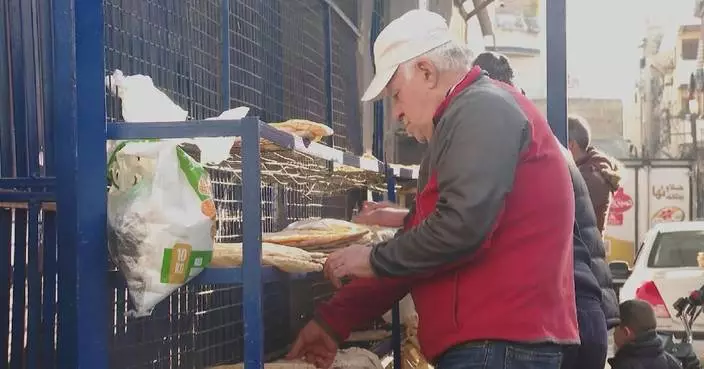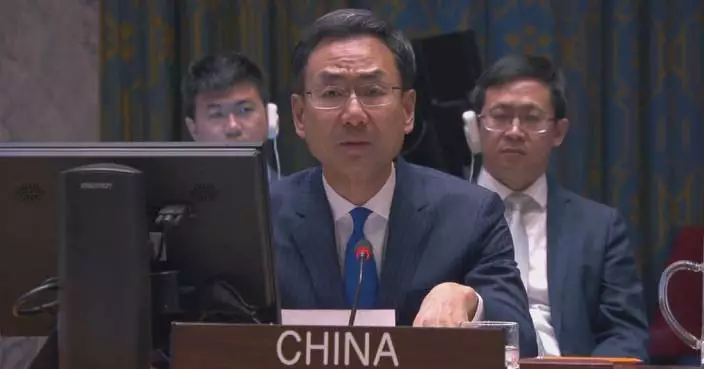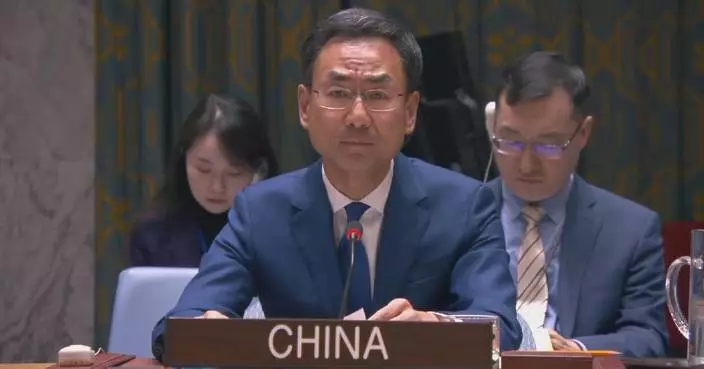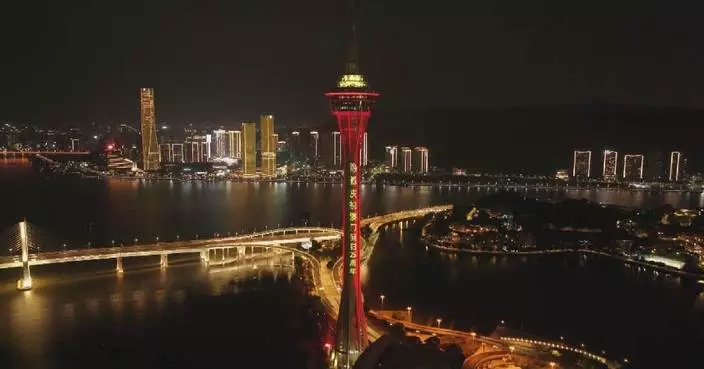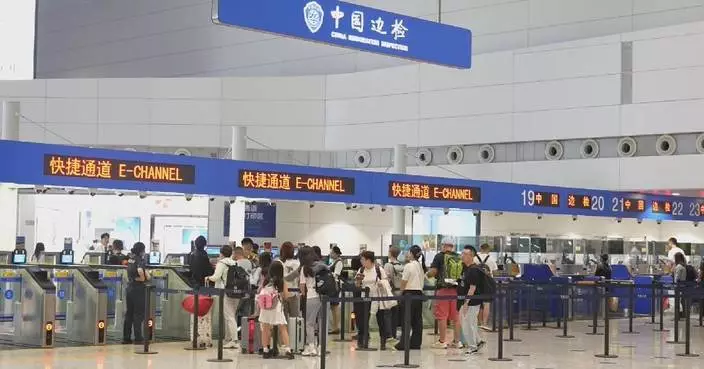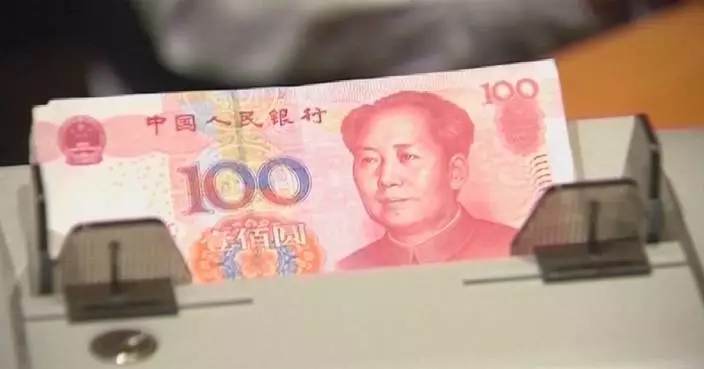TikTok, an online video entertainment platform, on Monday requested the United States Supreme Court to temporarily halt the forced sale order issued by the U.S. government against the platform.
TikTok is asking the Court to do what it has traditionally done in free speech cases: apply the most rigorous scrutiny to speech bans and conclude that it violates the First Amendment, according to TikTok. On April 24th, U.S. President Joe Biden signed a bill demanding that ByteDance, the parent company of TikTok headquartered in Beijing, sell TikTok to a non-Chinese buyer within 270 days or else be banned from use in the U.S.
The banning of the platform would result in a massive and unprecedented censorship of over 170 million Americans on January 19, 2025. Estimates show that small businesses on TikTok would lose more than 1 billion U.S. dollars in revenue and creators would suffer almost 300 million U.S. dollars in lost earnings in just one month unless the ban is halted, said TikTok.
On May 7th, TikTok filed a lawsuit seeking to block this bill, but the U.S. Court of Appeals for the District of Columbia Circuit rejected the appeal on December 6th.
Gary Clyde Hufbauer, a nonresident senior fellow at the Peterson Institute for International Economics, said that there is no evidence to suggest that TikTok engages in surveillance activities and stressed that many U.S. policies are highly politicized.
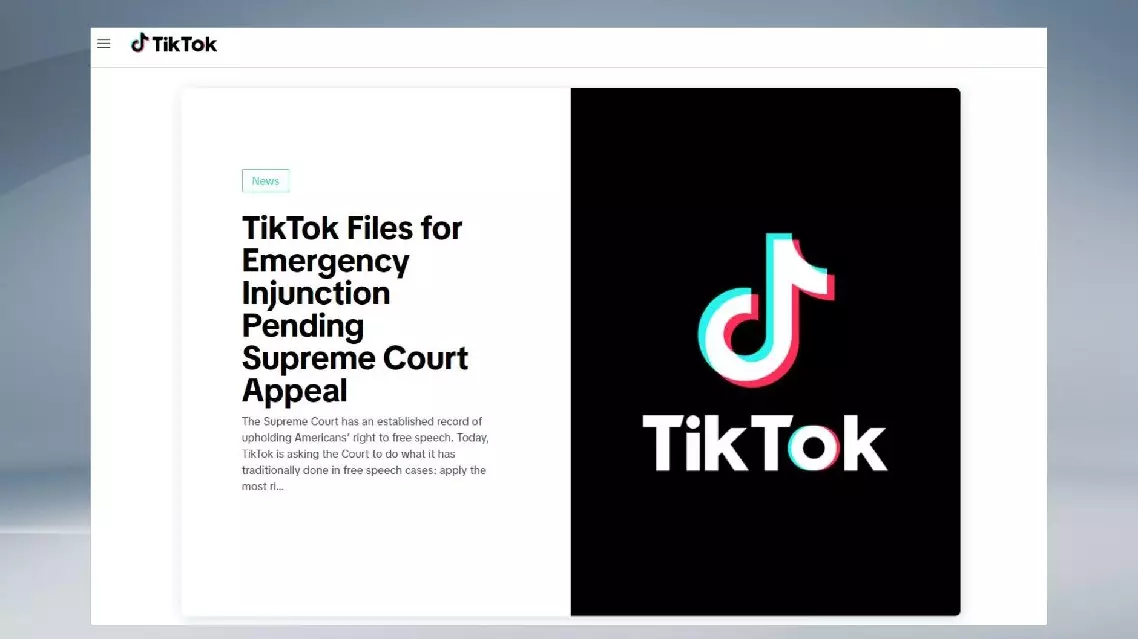
TikTok requests US Supreme Court to block ban on its US operations
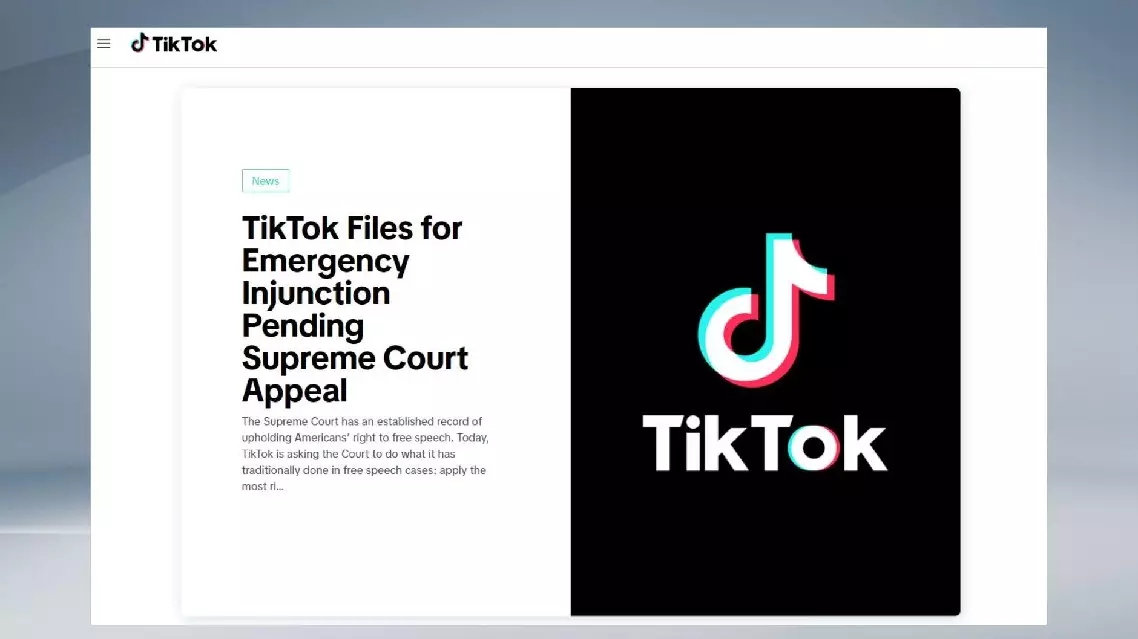
TikTok requests US Supreme Court to block ban on its US operations
Chief executive officer of the Banco Nacional Ultramarino in Macao is optimistic about the region's development and has invited foreign enterprises to invest in Macao and Hengqin, an island located just across the river from Macao and home to the Guangdong-Macao In-depth Cooperation Zone.
This year, the Bank of China and Banco Nacional Ultramarino in Macao issued new versions of banknotes. The reverse side of the Macao Pataca banknotes issued by Banco Nacional Ultramarino shows the changes in Macao over the past 400 years since its opening as a commercial port.
Carlos Cid Alvares, CEO of the Banco Nacional Ultramarino in Macao, has witnessed the development of Macao over the years and said he is honored that the bank he led has taken part of it.
"As part of a financial group, our bank has the opportunity to actively collaborate with Macao and support its development, especially in terms of helping Macao become a key business platform between China and Portuguese-speaking countries," said Alvares.
Alvares said that he bought the first Hongqi car in Macao after its return to the motherland 25 years ago.
He has always been optimistic about Macao and the development prospects of the Guangdong-Hong Kong-Macao Greater Bay Area.
"The Greater Bay Area is a very interesting project planned by the central government. Hereby I invite foreign companies that wish to invest in the region to choose Macao and Hengqin as their base," he said.
Alvares' story was covered in the fifth episode of the China Media Group (CMG) documentary series titled "25 Years of Lotus Bond" which highlights the successful practices of "one country, two systems" in Macao under the guidance of the central government.
The Chinese government resumed the exercise of sovereignty over Macao and established the Macao SAR on Dec 20, 1999.

Banco Nacional Ultramarino in Macao CEO optimistic about region's development






